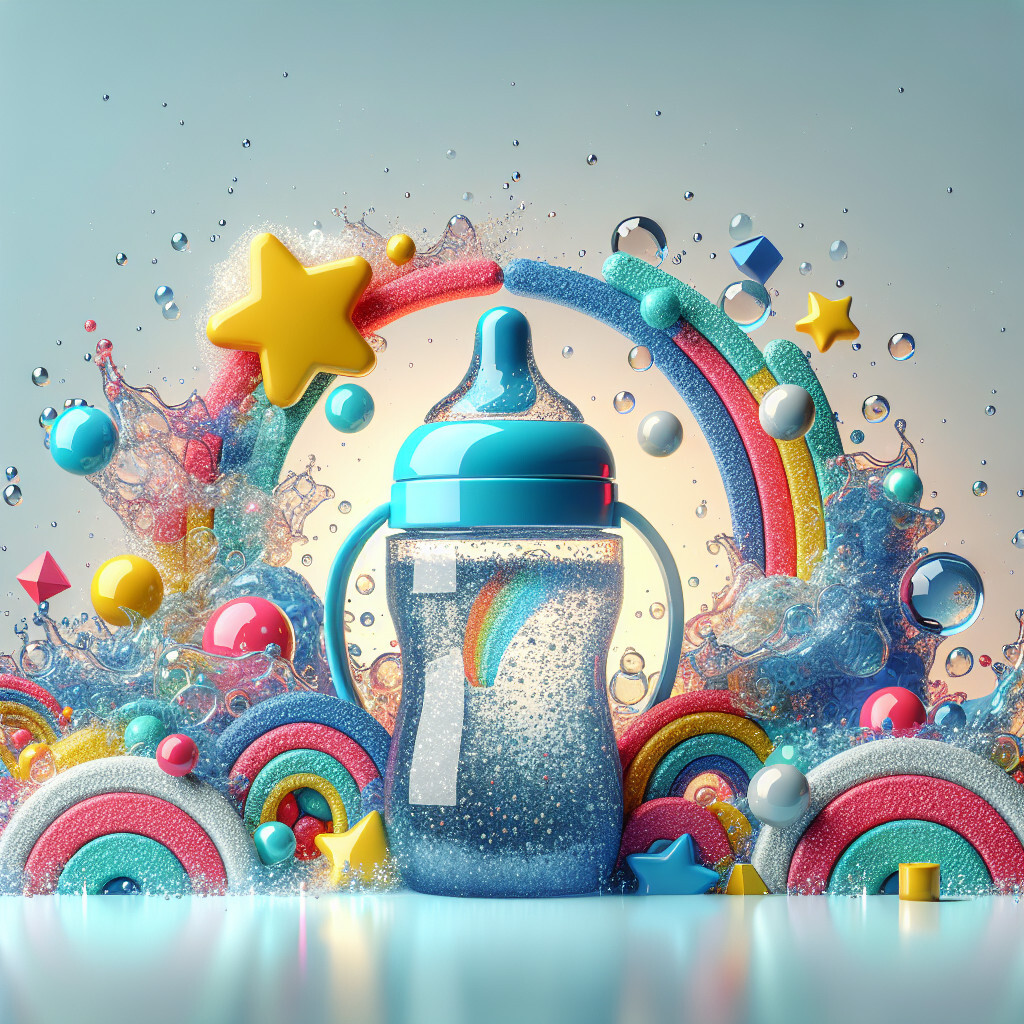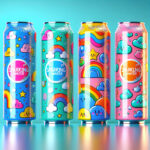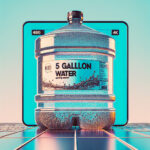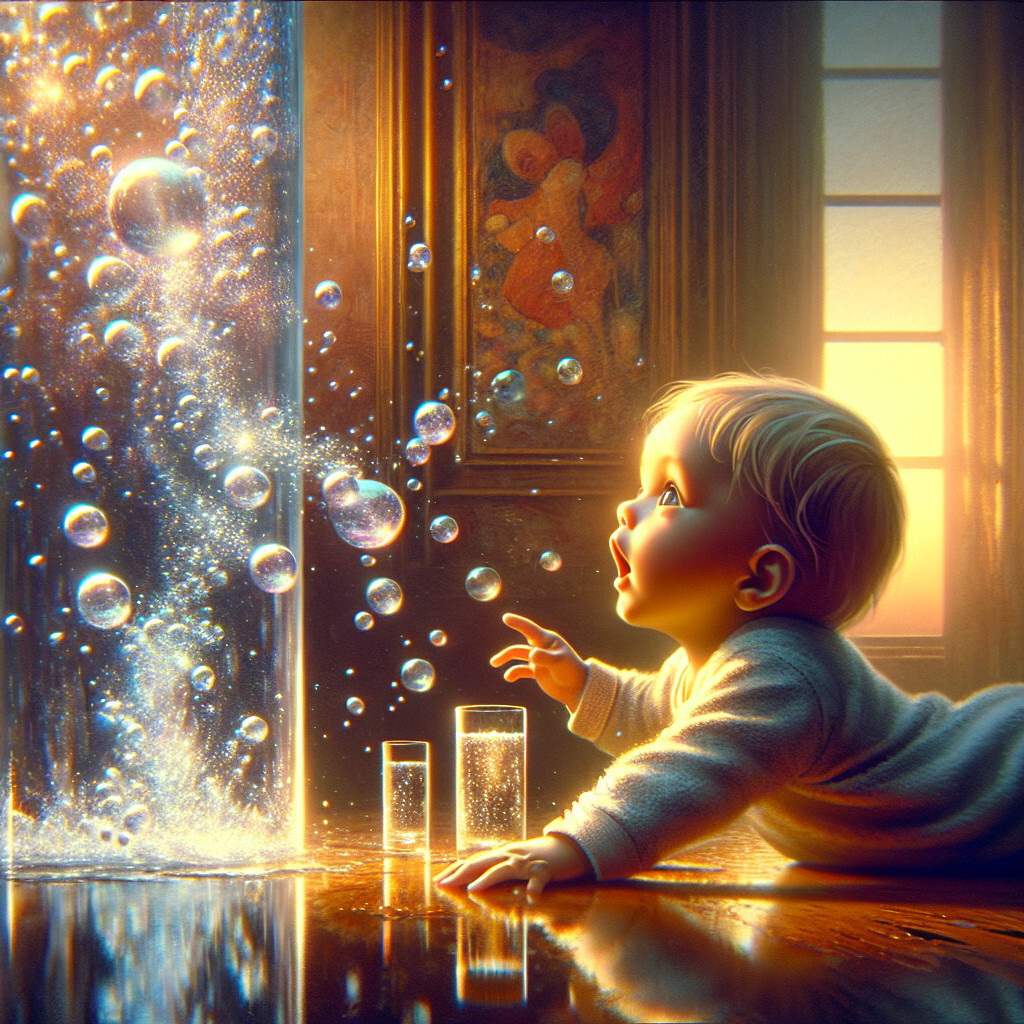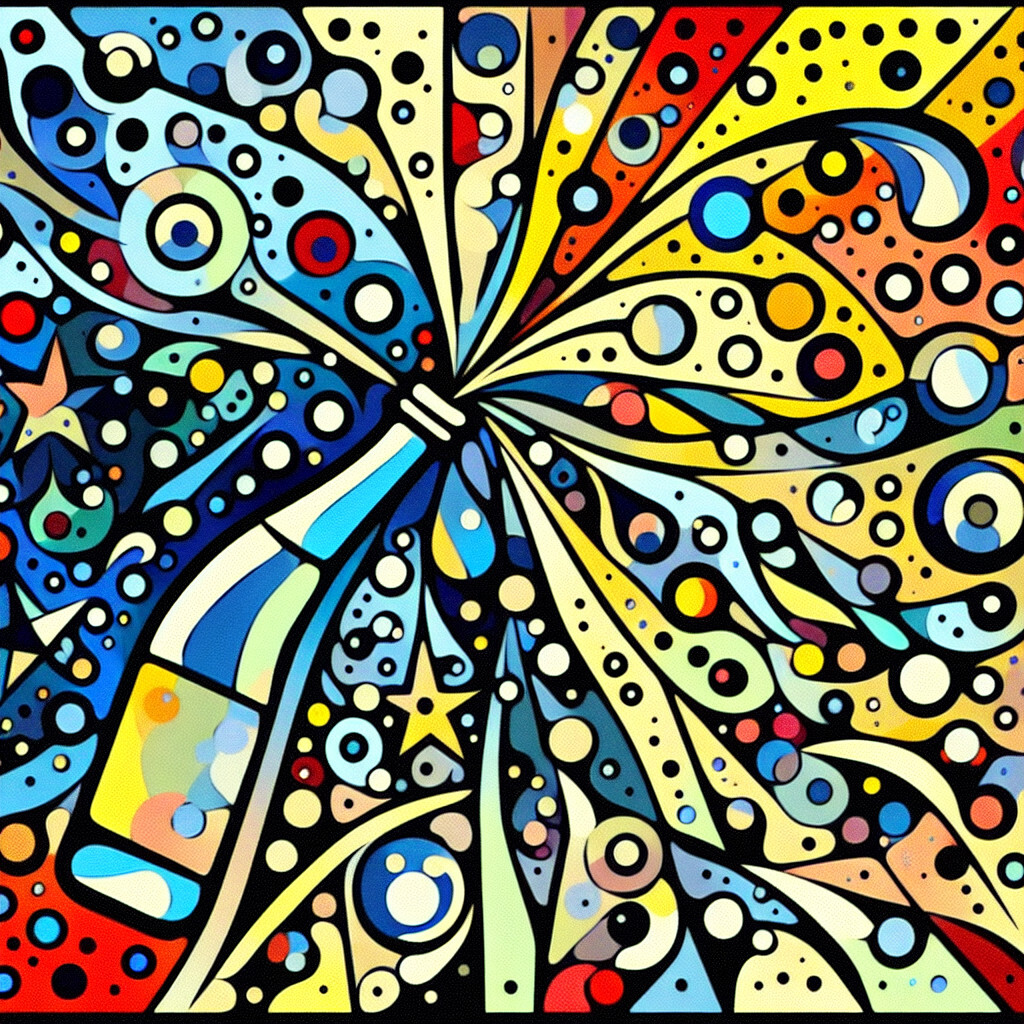-
Table of Contents
“Tiny Bubbles, Big Fun: Sparkling Water for Toddlers!”
Introduction
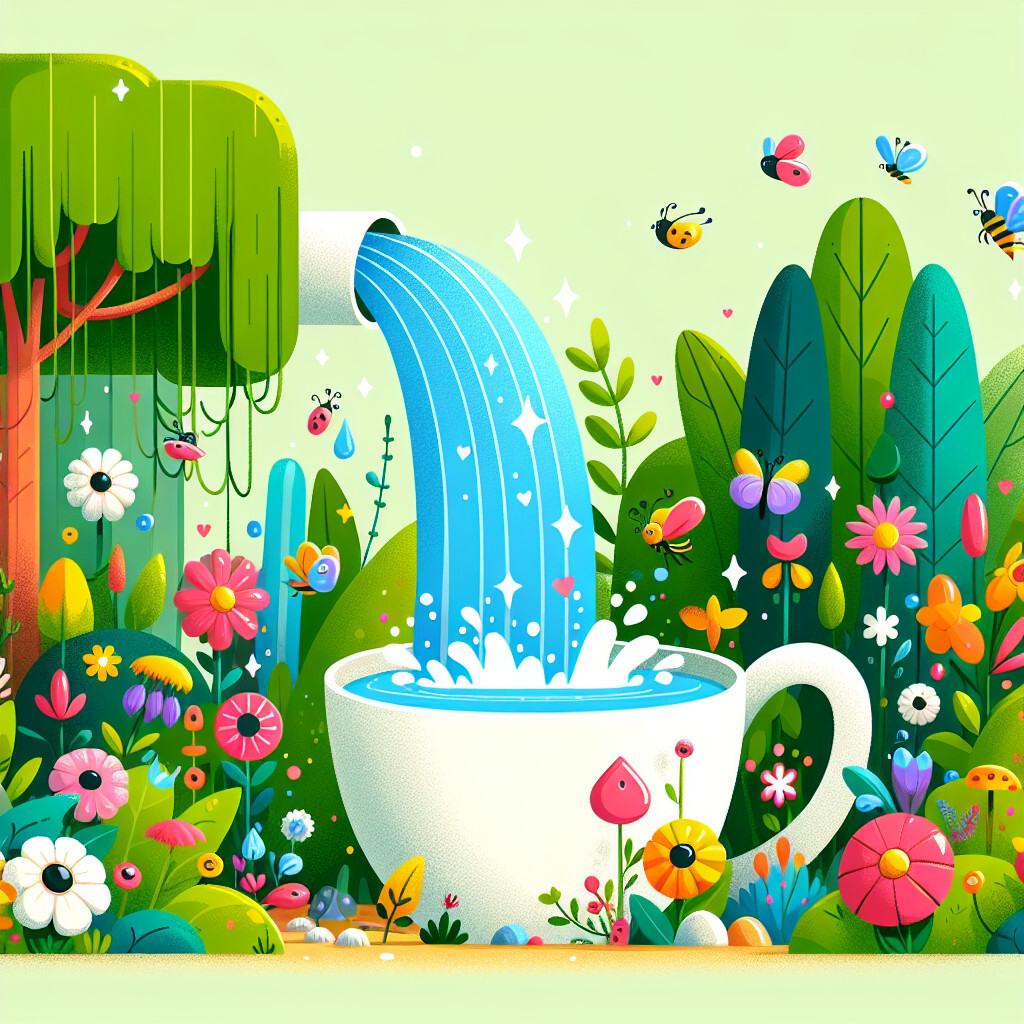
Sparkling water for toddlers is a type of carbonated beverage that is free from sugars, artificial flavors, and colors, making it a healthier alternative to sugary drinks. It is essentially water infused with carbon dioxide, resulting in a fizzy drink that can be appealing to toddlers. However, it’s important to note that while sparkling water is generally safe for toddlers, it should be introduced gradually due to its unique texture and potential to cause tummy troubles. It should also not replace regular water in a toddler’s diet.
Health Benefits of Sparkling Water for Toddlers
Sparkling water, also known as carbonated water, has gained significant popularity in recent years. While it is a common choice for adults seeking a healthier alternative to sugary sodas, the question arises whether it is suitable for toddlers. The answer is yes, sparkling water can be a beneficial addition to a toddler’s diet, provided it is unflavored and free from added sugars and artificial sweeteners.
Firstly, sparkling water can be an excellent way to keep toddlers hydrated. Hydration is crucial for toddlers as it aids in digestion, nutrient absorption, and overall bodily functions. While plain water is the best source of hydration, sparkling water can be a fun and exciting alternative for toddlers who may be reluctant to drink enough fluids. The bubbles in sparkling water can create a novel sensory experience, making hydration more appealing to young children.
Secondly, sparkling water can help in the development of healthy drinking habits. Introducing toddlers to sparkling water can be a strategic move towards steering them away from sugary drinks in the future. By familiarizing them with the taste of water, albeit carbonated, from an early age, they are more likely to develop a preference for it over sweetened beverages. This can significantly reduce their risk of obesity and dental issues, which are often associated with excessive consumption of sugary drinks.
However, it is important to note that while sparkling water has its benefits, it should not replace regular water in a toddler’s diet. The carbonation in sparkling water can sometimes cause bloating and gas, especially in young children with sensitive stomachs. Therefore, it should be offered in moderation, alongside regular water.
Moreover, parents should be cautious about the type of sparkling water they choose for their toddlers. Not all sparkling waters are created equal. Some are loaded with added sugars, artificial sweeteners, and flavorings that can negate the health benefits of sparkling water. Therefore, it is advisable to opt for plain, unflavored sparkling water. If a hint of flavor is desired, consider adding a splash of natural fruit juice for a touch of sweetness.
In addition, it is worth mentioning that sparkling water can also play a role in promoting good oral health. Contrary to popular belief, the carbonation in sparkling water does not contribute to tooth decay. In fact, it can stimulate saliva production, which can help neutralize harmful acids in the mouth and protect against tooth decay. However, it is crucial to ensure that the sparkling water is free from added sugars and acids, which can be detrimental to dental health.
In conclusion, sparkling water can be a beneficial addition to a toddler’s diet, offering a fun and exciting way to stay hydrated and develop healthy drinking habits. However, it should be consumed in moderation and should not replace regular water. Parents should also ensure that the sparkling water is unflavored and free from added sugars and artificial sweeteners. With these considerations in mind, sparkling water can be a healthy and enjoyable beverage for toddlers.
How to Introduce Sparkling Water to Your Toddler’s Diet
Sparkling water, also known as carbonated water, is a refreshing beverage that has gained popularity among adults in recent years. However, many parents wonder if it’s suitable for their toddlers. The good news is that sparkling water can be a healthy addition to your toddler’s diet, provided it is introduced correctly and consumed in moderation.
Firstly, it’s important to understand what sparkling water is. It’s simply water that has been infused with carbon dioxide under pressure, which gives it its characteristic fizz. Unlike many sugary drinks, it doesn’t contain any calories, sugar, or artificial sweeteners, making it a healthier alternative. However, the bubbles can sometimes cause bloating or gas, especially in young children who are not used to it.
When introducing sparkling water to your toddler, it’s crucial to start slowly. Begin by offering small amounts, perhaps a few sips during meal times. This allows your child to get used to the new sensation of the bubbles in their mouth without overwhelming them. It’s also a good idea to serve it in a cup rather than a bottle or sippy cup, as the pressure from the carbonation can cause these to leak or even explode.
Next, consider the timing. It’s best to introduce sparkling water at a time when your child is open to trying new things. This could be during a meal when they are already eating a variety of foods, or during a special occasion when they might be more willing to try something different. Avoid offering it when they are tired or cranky, as they may be more resistant to new experiences.
While sparkling water is a healthier alternative to sugary drinks, it’s important to remember that it should not replace regular water in your toddler’s diet. Regular water is still the best choice for hydration, especially for young children. Sparkling water can be a fun addition to their diet, but it should not be the main source of their fluid intake.
Additionally, it’s important to choose sparkling water that is free from added sugars or artificial sweeteners. Some brands of sparkling water contain these additives, which can be harmful to your toddler’s health. Always check the label before purchasing to ensure that you are choosing a healthy option.
Lastly, be mindful of your child’s reaction to sparkling water. Some children may not like the sensation of the bubbles, while others may find it fun and exciting. If your child doesn’t seem to enjoy it, don’t force them to drink it. There are plenty of other healthy beverage options available.
In conclusion, sparkling water can be a healthy and fun addition to your toddler’s diet, provided it is introduced correctly and consumed in moderation. Start slowly, choose the right timing, and always opt for sparkling water that is free from added sugars or artificial sweeteners. Remember, while sparkling water can be a good alternative to sugary drinks, it should not replace regular water in your child’s diet. As with any new food or drink, it’s important to monitor your child’s reaction and adjust accordingly.
The Role of Sparkling Water in Hydrating Toddlers
Sparkling water, also known as carbonated water, has gained significant popularity in recent years. It is often seen as a healthier alternative to sugary drinks and sodas, and many adults enjoy its refreshing taste. However, when it comes to toddlers, parents often wonder if sparkling water is a suitable choice. This article aims to shed light on the role of sparkling water in hydrating toddlers.
Firstly, it is essential to understand that hydration is crucial for toddlers. Their bodies are composed of about 75% water, and they need to consume enough fluids to maintain this balance. Water plays a vital role in various bodily functions, including digestion, nutrient absorption, and temperature regulation. Therefore, ensuring that your toddler stays adequately hydrated is of paramount importance.
Sparkling water can indeed play a role in hydrating toddlers. It is essentially water that has been infused with carbon dioxide under pressure, which gives it its characteristic fizz. It does not contain any sugars or artificial sweeteners, making it a healthier choice than many commercially available beverages. Moreover, the bubbles in sparkling water can make it more appealing to toddlers, who might otherwise be reluctant to drink plain water.
However, while sparkling water can contribute to hydration, it should not be the primary source of fluids for toddlers. The carbonation in sparkling water can cause bloating and gas, which might lead to discomfort in young children. Furthermore, the acidity in sparkling water, albeit low, can potentially harm the enamel of baby teeth if consumed in large quantities over time. Therefore, it is advisable to offer sparkling water to toddlers in moderation, and always under adult supervision.
It is also worth noting that not all sparkling waters are created equal. Some brands add sodium, artificial flavors, or sweeteners to their products, which can negate the health benefits of sparkling water. Therefore, when choosing sparkling water for your toddler, it is crucial to read the label carefully and opt for brands that do not contain any added ingredients.
In conclusion, sparkling water can play a role in hydrating toddlers, but it should not replace plain water or milk, which are the best sources of hydration for young children. If you choose to give your toddler sparkling water, do so in moderation and ensure that it does not contain any added sugars or artificial ingredients. As always, if you have any concerns about your toddler’s hydration or diet, it is best to consult with a pediatrician or a registered dietitian. They can provide personalized advice based on your child’s age, weight, and overall health status.
In the end, the key to healthy hydration for toddlers lies in balance and variety. Offering a mix of different fluids, including plain water, milk, and occasionally, sparkling water, can help ensure that your toddler stays adequately hydrated while also developing a taste for different beverages. This, in turn, can set the stage for healthy drinking habits that can last a lifetime.
Sparkling Water vs. Regular Water: Which is Better for Toddlers?
Sparkling water has gained significant popularity in recent years, with many adults enjoying it as a refreshing, calorie-free alternative to sugary sodas. However, when it comes to toddlers, parents often wonder if sparkling water is a suitable choice. To address this concern, it is essential to compare sparkling water with regular water and understand which is better for toddlers.
Regular water, also known as still water, is the most natural form of hydration. It is free from any additives, sugars, or artificial flavors, making it the safest and healthiest choice for toddlers. Regular water aids in digestion, maintains body temperature, and helps transport nutrients throughout the body. It is also crucial for the proper functioning of the brain and other organs.
On the other hand, sparkling water, also known as carbonated water, is essentially water into which carbon dioxide gas has been dissolved under pressure. This process gives the water its bubbles and fizzy sensation. While it is generally safe for adults, the question arises whether it is suitable for toddlers.
One of the primary concerns with sparkling water is its acidity. The carbonation process makes sparkling water more acidic than regular water, which can potentially harm toddlers’ teeth. Prolonged exposure to acidic drinks can lead to dental erosion, a condition where the enamel (the hard, outer layer of the teeth) is worn away. This can make the teeth more sensitive to temperature and more prone to cavities.
Another concern is that the bubbles in sparkling water can cause bloating and gas, leading to discomfort in toddlers. The carbon dioxide that gives sparkling water its fizz can fill a toddler’s stomach with gas, causing bloating, belching, and even discomfort. This can be particularly problematic for toddlers who already have sensitive stomachs or are prone to reflux.
Moreover, while sparkling water is often marketed as a healthier alternative to soda, it is important to note that not all sparkling waters are created equal. Some brands of sparkling water contain added sugars, artificial flavors, or other additives that can be harmful to toddlers. Therefore, parents should always read labels carefully and choose sparkling waters that are free from these additives.
In contrast, regular water has none of these potential drawbacks. It is not acidic, does not cause bloating or gas, and does not contain any harmful additives. Therefore, from a health perspective, regular water is the better choice for toddlers.
However, this does not mean that toddlers should never drink sparkling water. In moderation, and as part of a balanced diet, sparkling water can be a fun and refreshing treat for toddlers. It can also be a useful tool for parents who are trying to wean their toddlers off sugary drinks.
In conclusion, while sparkling water can be safe for toddlers in moderation, regular water is the healthier and safer choice for daily hydration. Parents should always prioritize regular water for their toddlers’ hydration needs and use sparkling water sparingly as a special treat. As always, when introducing any new food or drink to a toddler’s diet, it is best to consult with a pediatrician or a registered dietitian.
Q&A
Question 1: Is sparkling water safe for toddlers?
Answer: Yes, sparkling water is safe for toddlers, but it’s not recommended as their primary drink due to its acidity and lack of nutrients.
Question 2: Can sparkling water cause any harm to toddlers?
Answer: Sparkling water can potentially harm toddlers’ teeth due to its acidity. It can also cause bloating and gas, which may lead to discomfort.
Question 3: Can toddlers drink flavored sparkling water?
Answer: Toddlers can drink flavored sparkling water, but it’s important to check the label for added sugars or artificial sweeteners, which are not recommended for young children.
Question 4: How often can toddlers drink sparkling water?
Answer: There’s no specific guideline, but it’s best to limit sparkling water to occasional use, such as a special treat, rather than a daily drink. The primary drinks for toddlers should be water and milk.
Conclusion
In conclusion, while sparkling water is not harmful for toddlers, it is not the best choice due to its carbonation which can cause gas and bloating. It also lacks the necessary nutrients found in milk or juice. Therefore, it’s recommended to primarily serve plain water, milk, or small amounts of 100% fruit juice to toddlers.

